 On September 14, 1974, Capital Journal reporter Al Jones presented the following story of Hallie Parrish Hinges and her performance in Salem before President Theodore Roosevelt in 1903. Teddy will be returning to Salem and the Willamette Heritage Center Thursday, May 10, 2012 6:30 pm – 8:30 pm (for more information on tickets click here.)
On September 14, 1974, Capital Journal reporter Al Jones presented the following story of Hallie Parrish Hinges and her performance in Salem before President Theodore Roosevelt in 1903. Teddy will be returning to Salem and the Willamette Heritage Center Thursday, May 10, 2012 6:30 pm – 8:30 pm (for more information on tickets click here.)
Alfred C. Jones
Hallie Parrish Hinges had reason to be nervous as she sat on the corner of the bunting-draped porch of the Capitol, waiting to sing.
She wasn’t bothered so much by the thousands pressed elbow-to-elbow in Willson Park on that bright afternoon of May 21, 1903. She had sung at band concerts in this park many times before, and some said her strong, mellow voice was heard as far as Gaiety Hill 11 blocks away.
She had sung for William Jennings Bryan, the Democratic candidate for President against William McKinley on March 27, 1900; for President Benjamin Harrison on May 5, 1891, as well as for governors’ inauguration ceremonies and the legislature’s opening and closing days.
Though, today, President Theodore Roosevelt sat just 20 feet away, smiling broadly under his silk tophat with the jauntily curved brim. His being a Harvard man made a difference.
Hallie wished the band leader would giver her the signal that it was time for the National Anthem to get the program started and over with.
Karl, her small son, was at home ill in care of her mother, and Hallie was thinking more about him than about the honor of singing for the President.
The signal came from the band leader and Hallie arose, standing stylish in her floor-length silk skirt trimmed in sealskin, her brown sealskin jacket, and her brown chenille hat with the velvet orange nasturtiums around the crown.
At 35 Mrs. Hinges was what they called a woman of “culture and breeding” with attractive face and figure and a voice she had cultivated since she first sang in public at age 6.
As the granddaughter of Methodist missionary Josiah L. Parrish, Hallie naturally did her first singing in the basement of the 1871 First Methodist Church before it got its steeple.
“It was a God-given voice,” said her daughter, Hallie Hinges Nelson, 545 Leslie St. SE.
“It was beautiful and full, and I’ve never heard another like it.”
Mrs. Nelson said that the only operatic training her mother received was on a year’s visit to the East after her graduation from the Willamette University School of Music.
From the eastern press Mrs. Hinges received many flattering notices as she sang in music circles of New York, Maine and Rhode Island.
On this day in Willson Park, Hallie picked up her musical cue from the band director H. N. “Ted” Stoudenmyer and confidently began, “O say can you see…”
When the final noes, “… and the home of the brave” rang like a volley over the crowd, President Roosevelt was quoted as saying to Gov. George E. Chamberlain:
“She has one of the most beautiful voice I ever heard. Have her sing again.”
Hallie responded by singing a favorite of many audiences, “The Flag Without a Stain,” and it’s said that the President “wiped his eyes.”
Roosevelt asked for her name and called her “The Oregon Nightingale,” a name by which she was known until her death at 81 on Jan. 25, 1950.
When the President finished his speech he was the prize guest at a reception in the governor’s office, a temptation for Mrs. Hinges, but she hurried home to her son, a curly-haired lad who outlived the President by 22 years.
Salem and Portland newspapers knew that Oregon had a gem of a singer, Mrs. Nelson said, sifting through an envelope of yellowing clippings to read: “Her rich and powerful voice charmed the entire audience.”
“Miss Hallie Parrish was exceptionally fine in her solos, but her singing is such that no words can portray the melody of her voice.”
“Miss Parrish combined her Oregon patriotism with her sweet and powerful voice to make her solo one of the most pleasing of her many grand performances and added to her universal popularity”
“Miss Hallie Parrish sang in her best style with the result of new laurels being added to her already glittering crown.”
“Miss Hallie Parrish filled Mrs. Wetzel’s place on the programme and sang ‘The Seabird’s Message’ so sweetly tha tthe audience was captivated and gave her a rousing encore.”
“It is a perfectly true voice, clear and sweet, with great purity of tone, and the enunciation is admirable.”
“The town owes a lot to Hallie. Many old-timers still let tears fall unashamed when Hallie opens her repertoire of earlier day airs.”
Her mother didn’t sing around the home much, Mrs. Nelson said, “but she was great to sing for people — for the sick shut-ins or any group.
“Somebody would call her up and ask her to come sing them some hymns and she would walk clear across town to do it.”
A Capital Journal columnist, Don Upjohn, wrote in 1928 that he met Mrs. Hinges on the street carrying a bouquet of gladiolus “fit to grace the boudoir of a queen.”
She admitted, Upjohn wrote, that she was carrying the flowers to an elderly woman.
“Hallie as the Oregon Nightingale received floral tributes of every kind from the great to the lowly as being the favorite songbird of the Pacific Northwest, and now she is paying back in kind.”
Mrs. Nelson said, “Mother sang for weddings and funerals and charged nothing, even for the State Fair for 30 years.”
The common touch that Mrs. Hinges had needed no further proof than in 1933 when a Chinese restaurant owner, Wah Hong, made his funeral arrangements.
He had known Miss Hallie since she was 9. He wanted her now, at age 65, to sing as he joined his ancestors.
Capital Journal. Saturday, September 14, 1974, Section 4, Page 11.



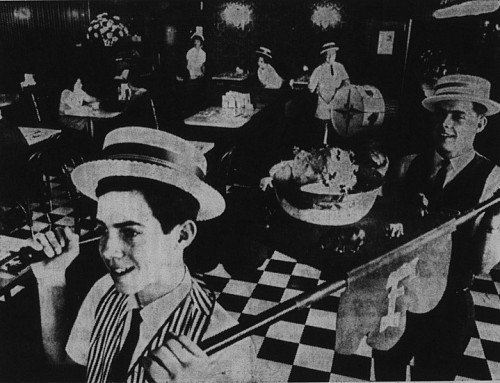
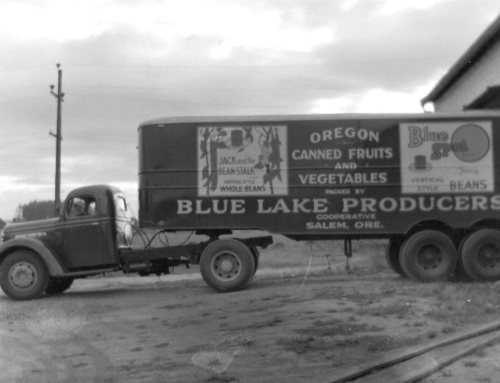
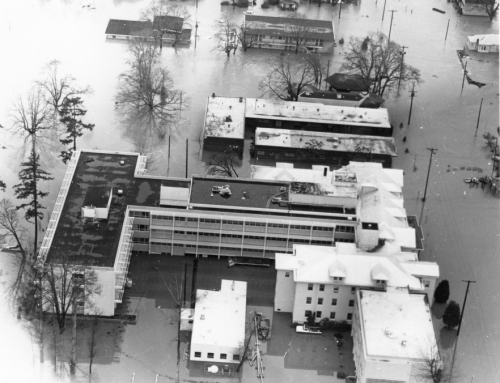
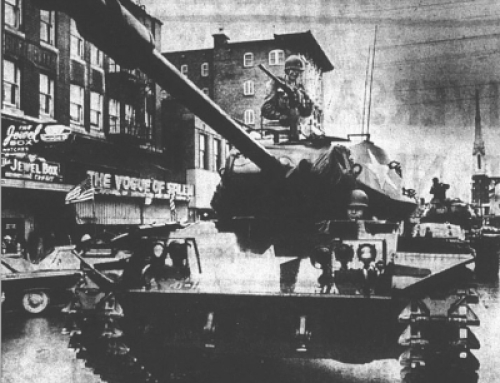
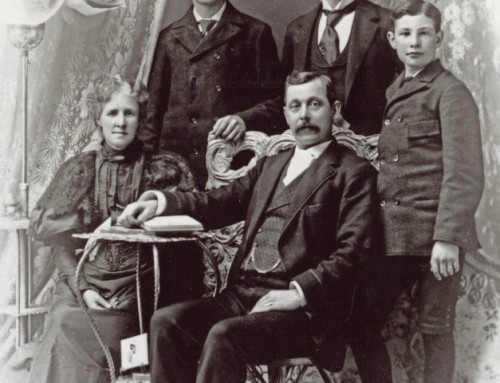
Leave A Comment